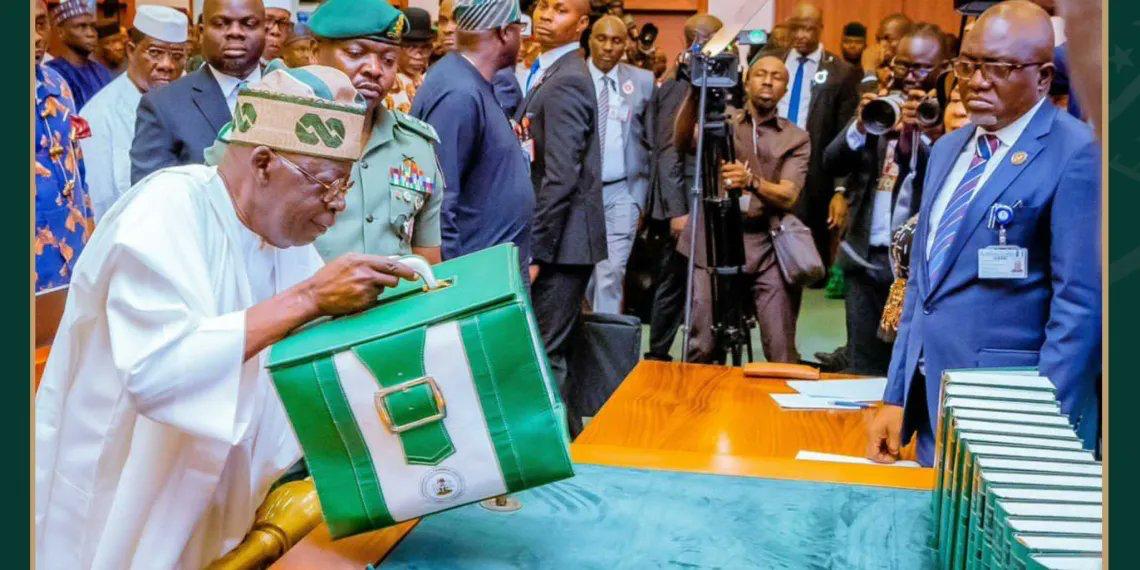Nigeria may be heading into uncertain economic waters as crude oil prices dropped sharply in the international market—from $65 to $60 per barrel in just one day.
This sudden dip is more than just a market fluctuation; it strikes at the heart of Nigeria’s 2025 budget, which heavily relies on oil revenue to fund national projects, infrastructure, salaries, and critical services. With oil contributing over 70% of Nigeria’s export earnings and about 50% of government revenue, even a small drop in prices can have serious consequences.
What This Means for the 2025 Budget
The 2025 budget was likely calculated using a benchmark oil price set by the government. If crude now sells below that benchmark, revenue shortfalls are almost guaranteed. This could lead to:
-
Cuts in government spending
-
Delays in project execution
-
Increased borrowing
-
Potential inflation due to deficit financing
Why Did Oil Prices Drop?
Global oil prices are affected by a variety of factors, including:
-
Rising production from non-OPEC countries
-
Weakening demand due to global economic slowdown
-
Market reactions to geopolitical events
Analysts say that unless prices recover soon, Nigeria may have to revise its fiscal strategies—or face an even tougher economic reality.
What’s Next for Nigeria?
With fuel subsidy concerns, forex volatility, and now falling oil prices, the pressure on policymakers is increasing. Citizens may feel the ripple effects in reduced government services, currency devaluation, or even higher taxes.
As the global energy landscape shifts, Nigeria’s over-dependence on oil continues to be a risky gamble. Will this finally push the government toward serious economic diversification?
Join our Whatsapp channel to stay updated always!
Click here to join our Whatsapp channel


